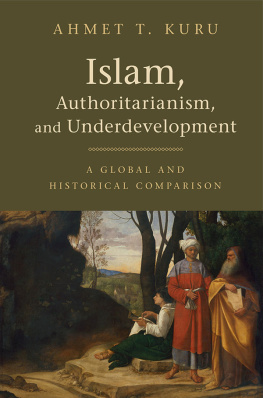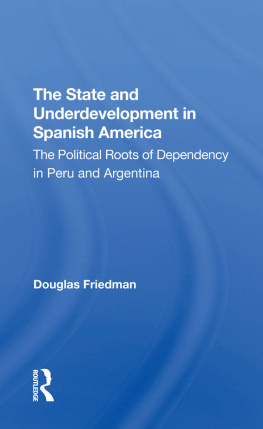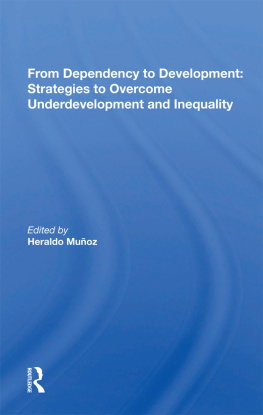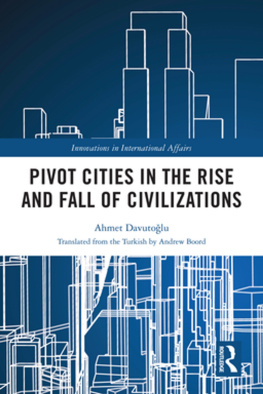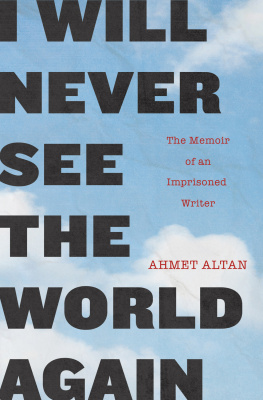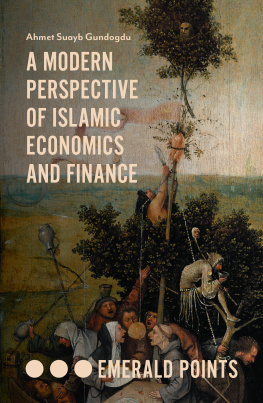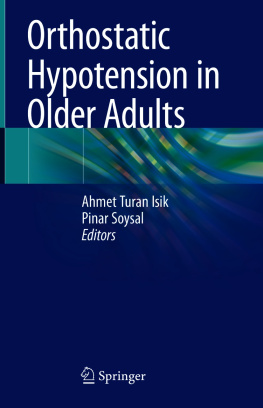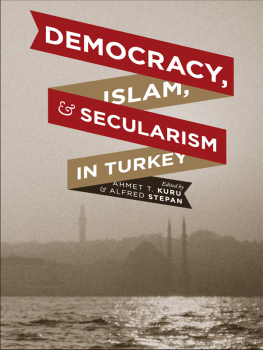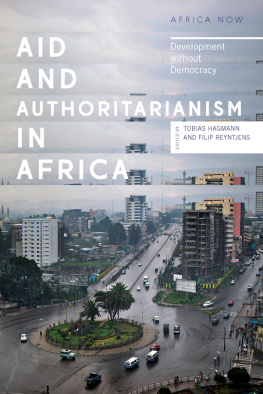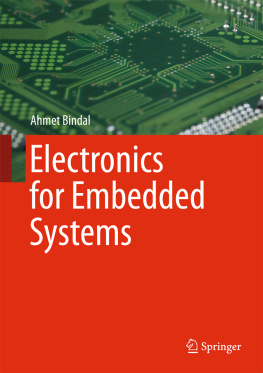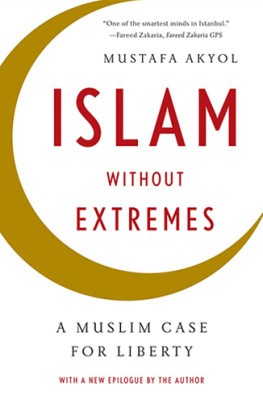Ahmet T. Kuru - Islam, Authoritarianism, and Underdevelopment
Here you can read online Ahmet T. Kuru - Islam, Authoritarianism, and Underdevelopment full text of the book (entire story) in english for free. Download pdf and epub, get meaning, cover and reviews about this ebook. year: 2019, publisher: Cambridge University Press, genre: Politics. Description of the work, (preface) as well as reviews are available. Best literature library LitArk.com created for fans of good reading and offers a wide selection of genres:
Romance novel
Science fiction
Adventure
Detective
Science
History
Home and family
Prose
Art
Politics
Computer
Non-fiction
Religion
Business
Children
Humor
Choose a favorite category and find really read worthwhile books. Enjoy immersion in the world of imagination, feel the emotions of the characters or learn something new for yourself, make an fascinating discovery.
- Book:Islam, Authoritarianism, and Underdevelopment
- Author:
- Publisher:Cambridge University Press
- Genre:
- Year:2019
- Rating:5 / 5
- Favourites:Add to favourites
- Your mark:
- 100
- 1
- 2
- 3
- 4
- 5
Islam, Authoritarianism, and Underdevelopment: summary, description and annotation
We offer to read an annotation, description, summary or preface (depends on what the author of the book "Islam, Authoritarianism, and Underdevelopment" wrote himself). If you haven't found the necessary information about the book — write in the comments, we will try to find it.
Islam, Authoritarianism, and Underdevelopment — read online for free the complete book (whole text) full work
Below is the text of the book, divided by pages. System saving the place of the last page read, allows you to conveniently read the book "Islam, Authoritarianism, and Underdevelopment" online for free, without having to search again every time where you left off. Put a bookmark, and you can go to the page where you finished reading at any time.
Font size:
Interval:
Bookmark:
Islam, Authoritarianism, and Underdevelopment
Why do Muslim-majority countries exhibit high levels of authoritarianism and low levels of socioeconomic development in comparison to world averages? Ahmet T. Kuru criticizes explanations which point to Islam as the cause of this disparity, because Muslims were philosophically and socioeconomically more developed than Western Europeans between the ninth and twelfth centuries. Nor was Western colonialism the cause: Muslims had already suffered political and socioeconomic problems when colonization began. Kuru argues that Muslims had influential thinkers and merchants in their early history, when religious orthodoxy and military rule were prevalent in Europe. However, in the eleventh century, an alliance between orthodox Islamic scholars (the ulema) and military states began to emerge. This alliance gradually hindered intellectual and economic creativity by marginalizing intellectual and bourgeois classes in the Muslim world. This important study links its historical explanation to contemporary politics by showing that, to this day, the ulemastate alliance still prevents creativity and competition in Muslim countries.
Ahmet T. Kuru is Professor of Political Science and Director of the Center for Islamic and Arabic Studies at San Diego State University. He is the author of award-winning Secularism and State Policies toward Religion: The United States, France, and Turkey (Cambridge 2009) and co-editor (with Alfred Stepan) of Democracy, Islam, and Secularism in Turkey (2012). His works have been translated into Arabic, Chinese, French, and Turkish.
Islam, Authoritarianism, and Underdevelopment
A Global and Historical Comparison
Ahmet T. Kuru
San Diego State University


University Printing House, Cambridge CB2 8BS , United Kingdom
One Liberty Plaza, 20th Floor, New York, NY 10006, USA
477 Williamstown Road, Port Melbourne, VIC 3207, Australia
314321, 3rd Floor, Plot 3, Splendor Forum, Jasola District Centre, New Delhi 110025, India
79 Anson Road, #0604/06, Singapore 079906
Cambridge University Press is part of the University of Cambridge.
It furthers the Universitys mission by disseminating knowledge in the pursuit of education, learning, and research at the highest international levels of excellence.
www.cambridge.org
Information on this title: www.cambridge.org/9781108419093
DOI: 10.1017/9781108296892
Ahmet T. Kuru 2019
This publication is in copyright. Subject to statutory exception and to the provisions of relevant collective licensing agreements, no reproduction of any part may take place without the written permission of Cambridge University Press.
First published 2019
Printed in the United Kingdom by TJ International Ltd. Padstow Cornwall
A catalogue record for this publication is available from the British Library.
Library of Congress Cataloging-in-Publication Data
Names : Kuru, Ahmet T., author.
Title : Islam, authoritarianism, and underdevelopment : a global and historical comparison / Ahmet T. Kuru.
Description : New York, NY : Cambridge University Press, 2019. | Includes bibliographical references and index.
Identifiers : LCCN 2019004815 | ISBN 9781108419093 (hardback) | ISBN 9781108409476 (paperback)
Subjects : LCSH : Islamic countriesCivilization. | Islamic countriesEconomic conditions. | Islamic civilizationEconomic aspects. | East and West.
Classification: LCC DS 35.62 . K 87 2019 | DDC 909/.09767dc23
LC record available at https://lccn.loc.gov/2019004815
ISBN 978-1-108-41909-3 Hardback
ISBN 978-1-108-40947-6 Paperback
Cambridge University Press has no responsibility for the persistence or accuracy of URLs for external or third-party internet websites referred to in this publication and does not guarantee that any content on such websites is, or will remain, accurate or appropriate.
To Uur (19352004), who I wish could have read it, and
Yusuf and Yunus Ali, who I hope will read it one day.
As well as I can remember, I was having breakfast with my parents in Iskenderun (Alexandretta), on Turkeys Mediterranean coast, on a hot day in the summer of 1989. My father seemed upset, and when I asked why, my mother replied that he had had a challenging debate the night before. My father then explained to me how a secularist Turkish army general we had hosted for dinner had broached the issue of Muslim backwardness around midnight, after I had gone to sleep. The general argued that it was only Protestant nations who truly contributed to modern civilization, while Muslim nations were mere consumers of it. My father, provincial chairman of then Prime Minister Turgut zals right-wing party, defended Muslims importance in world history by listing their early contributions to mathematics and other fields. The polarized discussion had left my father frustrated. Intrigued by the debate, I read a book in my fathers library, the Turkish translation of Walther Kiaulehns The Iron Angels: Birth, History and Power of the Machines from Antiquity to the Time of Goethe . I immediately told my father that by reading that book I came to understand how Western Europeans surpassed Muslims in technology. He smiled at me in a compassionate way and said, You should read at least ten to fifteen more books to say that. This is how I began and have continued to read on the subject of the present book, and why it is dedicated to my father, Uur Kuru.
I am thankful to my teachers, colleagues, and friends for their valuable contributions. The late Bernard Weiss taught me Islamic political thought when I was a graduate student about two decades ago. The late Alfred Stepan, Robert Hefner, Reat Kasaba, Joel Migdal, and Daniel Philpott inspired and encouraged my comparative work on religionstate relations. I have had rewarding intellectual engagements with Gkhan Back, zgr Koca, and Fevzi Bilgin about Islam and politics. Mikhail Alexseev, Ronnee Schreiber, Hisham Foad, and Ranin Kazemi were among my numerous critically engaging colleagues at San Diego State University (SDSU). Several SDSU fellowships, including the UGP and Hostler grants, supported my research. I am grateful to the SDSU librarians, particularly Edward DiBella and Joan Goodwin, for their assistance with my research.
I thank Cambridge University Presss editor Robert Dreesen and content manager Robert Judkins for their patience and professionalism, and the two anonymous referees for their helpful recommendations. I owe thanks to several colleagues for their helpful comments and criticisms on earlier drafts of various chapters, including Aaron Glasserman, Maya Shatzmiller, Timur Kuran, Khaled Abou El Fadl, Michael Cook, Frederick Starr, Daniel Chirot, Randall Collins, Jan Luiten van Zanden, Louise Marlow, Hasan Kayal, Nader Hashemi, r Haniolu, Stephen Dale, Charles Kurzman, Ziauddin Sardar, Burak Eskici, Kristin Fabbe, Kadir Yldrm, Peter Adamson, Yksel Sezgin, Etga Uur, Anas Malik, Rza Yldrm, Renat Shaykhutdinov, Mehdi Aminrazavi, Serhan Tanrverdi, and Naser Ghobadzadeh. I appreciate the hospitality of several friends during my research in Turkey, Qatar, Syria, Egypt, Tunisia, and Kazakhstan in various periods between 2010 and 2013.
I am blessed with the unconditional love and support of my mother iek Kuru, brother Mehmet, and sisters Mine and Lale. My wife Zeynep has always been a source of love, inspiration, and joy. Our sons Yusuf and Yunus Ali have already begun asking comparative questions about the West and the Muslim world two inextricable parts of their life. They will probably continue to ask many of the questions explored in this book; that is why it is dedicated to them too.
Font size:
Interval:
Bookmark:
Similar books «Islam, Authoritarianism, and Underdevelopment»
Look at similar books to Islam, Authoritarianism, and Underdevelopment. We have selected literature similar in name and meaning in the hope of providing readers with more options to find new, interesting, not yet read works.
Discussion, reviews of the book Islam, Authoritarianism, and Underdevelopment and just readers' own opinions. Leave your comments, write what you think about the work, its meaning or the main characters. Specify what exactly you liked and what you didn't like, and why you think so.

